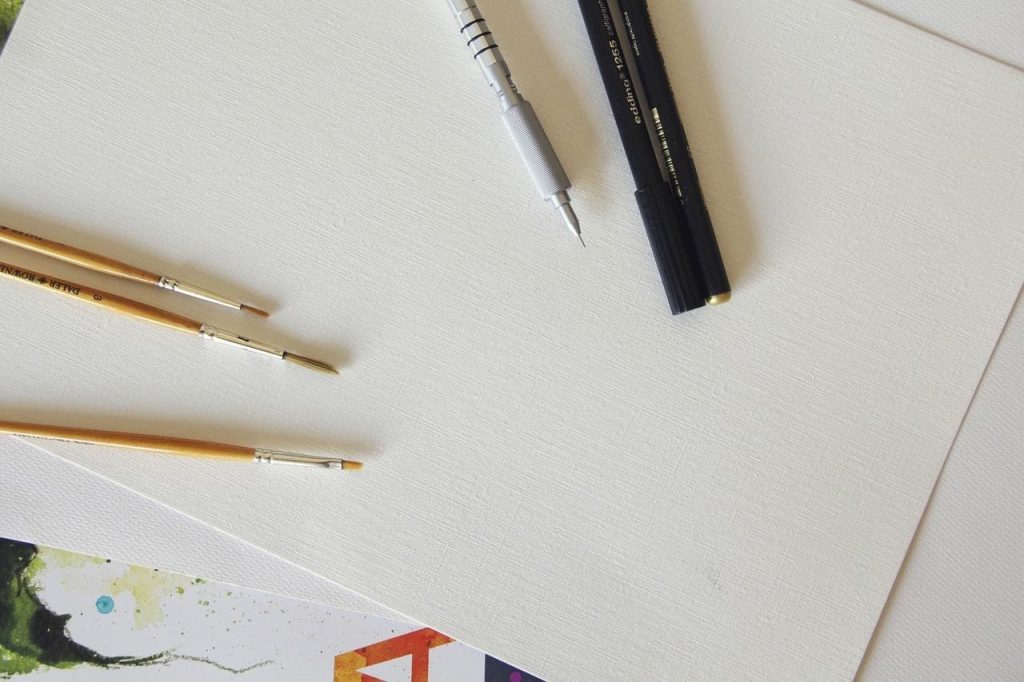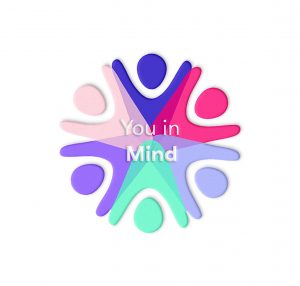Have you ever strolled the aisles of one of the hobby and craft stores, thinking that you’d like to try your hand at something like knitting, editing photographs or painting or scrapbooking? Even if you haven’t, or you aren’t sure of the difference between a ball of yarn and a spool of thread, you should know that hobbies are great for your mental and physical health.
According to Dr. Srini Pillay in Psychology Today, hobbies can help you feel happier and younger. If you’re in recovery from addiction, hobbies can help ward off boredom, which can prevent relapse. If you are suffering from depression, hobbies can help develop peace of mind, reduce anxiety, and actually help make you more productive in your career. What’s more, these days it’s much easier to learn a hobby and really dig in thanks to online resources or apps you can easily add to your phone.
How to Choose
While the benefits of having a hobby are clear, the question is: which one do you choose? Here’s another question: Do you want to choose a hobby that you can learn and do yourself or with a group? Furthermore, do you want a hobby where you work with your hands, use your body, or both? If the answer to any of the above is yes, then you’re ready to get started.
Fit to Knit
A few hobbies that are easy to learn and aren’t expensive to start include knitting (some yarn and some needles) and sewing (thread, needles, fabric). Knitting, according to Alanna Okun at The New York Times, is something that anyone can learn and can actually prevent low-level memory loss. It’s also a great hobby to learn together with friends. You can be part of a “knitting circle” where you just gather, knit, and have great conversations with each other. You can also turn to knitting apps to help you find information on patterns, techniques and more.
Moving and Grooving
Some hobbies that involve physical movement include dancing (ballroom, tap, or salsa) and, believe it or not, gardening. Learning how to dance puts you in a group of fun-loving, energetic people were you get a great cardio workout while on the dance floor. Even if you have a tendency to stumble over your own feet or have no sense of rhythm, you can still learn how to dance in a few lessons. And while it might seem at first to be a solitary activity, gardening gives you a good upper body workout, among other health benefits, it is also something that can be done in groups. You can meet to get advice, help each other, or even find a plot to have a communal garden. Also, like one of the more creative hobbies such as drawing or knitting, you will have an end result that you can share with others.
Draw, Paint or Write
If you want a more solitary hobby, consider sketching, painting, or even writing poetry, which is something that many in recovery do to express feelings. And you don’t need a degree in English or have any prior knowledge of poetry to try it. In fact, Robert Lee Brewer of Writer’s Digest suggests five simple tips for getting started. You can also find poetry groups, either online on in your community, where you can share your work and get constructive feedback.
The Sound of Music
Another hobby to consider, especially if you love music, is learning how to play an instrument. It’s a great way to lift your mood, plus it helps improve brain functions such as problem-solving and memorization. If you’ve inherited your great-grandma’s upright piano and it has served as nothing but an extra piece of furniture, then find a teacher (or use online resources) and learn how to play. Chances are a high school or college student can offer lessons at little cost. And that can be the case for almost any instrument you want to learn.
No matter which hobby you choose, there are a few key tips to keep in mind. For one, you can easily find a variety of apps that can teach you about a hobby and even help you take it to the next level. If you intend to use these apps frequently, you’ll want to make sure your tablet or phone’s data plan covers the usage. If it doesn’t, look into an unlimited plan to avoid overage costs. Also, don’t worry if you don’t master your newfound hobby right away. It’s more important to see it as a work in progress. You can do this by setting reachable goals to feel more accomplished. This way, you’ll gain more confidence the more you practice the hobby.
Hobbies can give us a little mental and physical boost while doing something that we’ve come to love. And for those suffering from depression or going through recovery, they can put a great positive spin on life.

Cheryl Conklin-Wellness Central

















